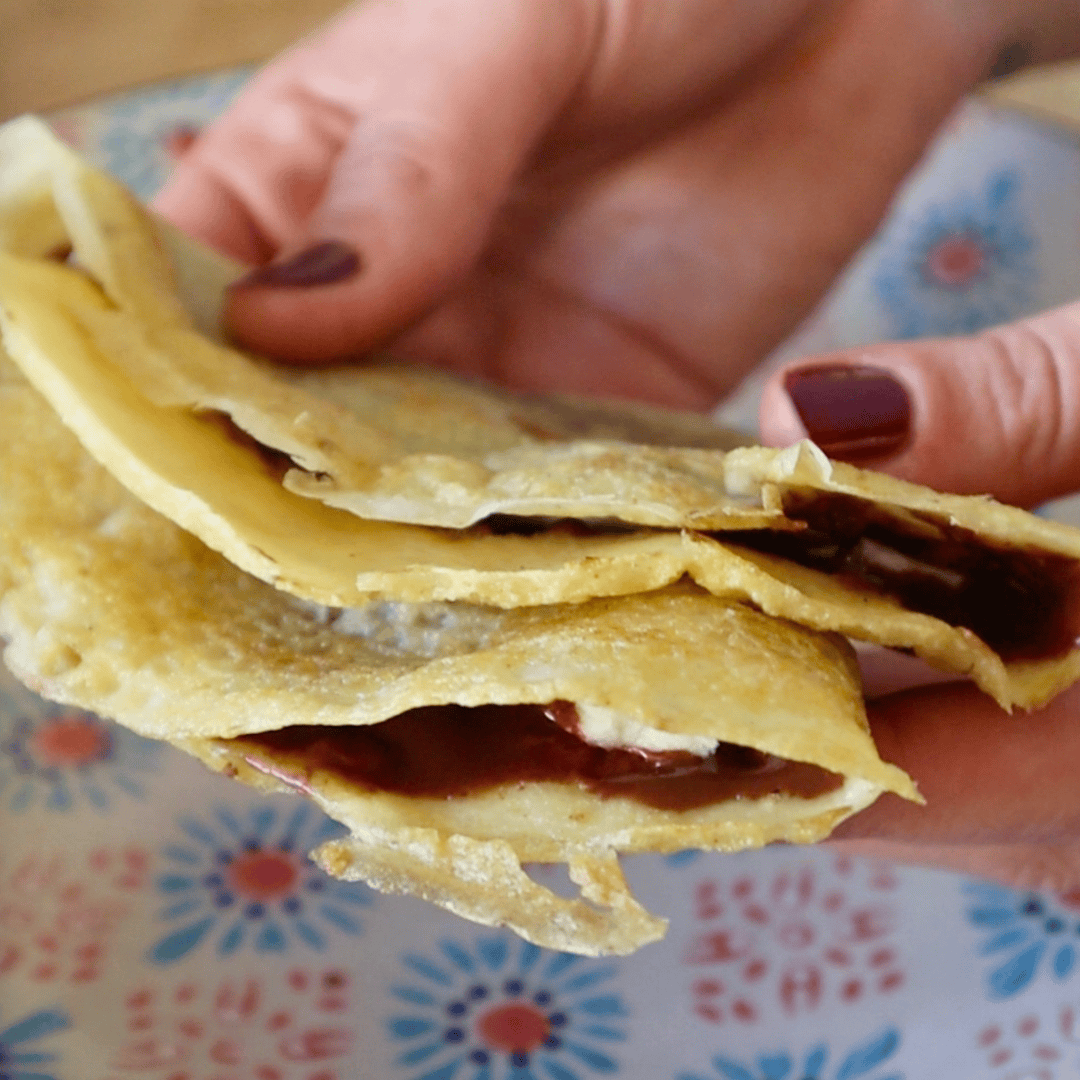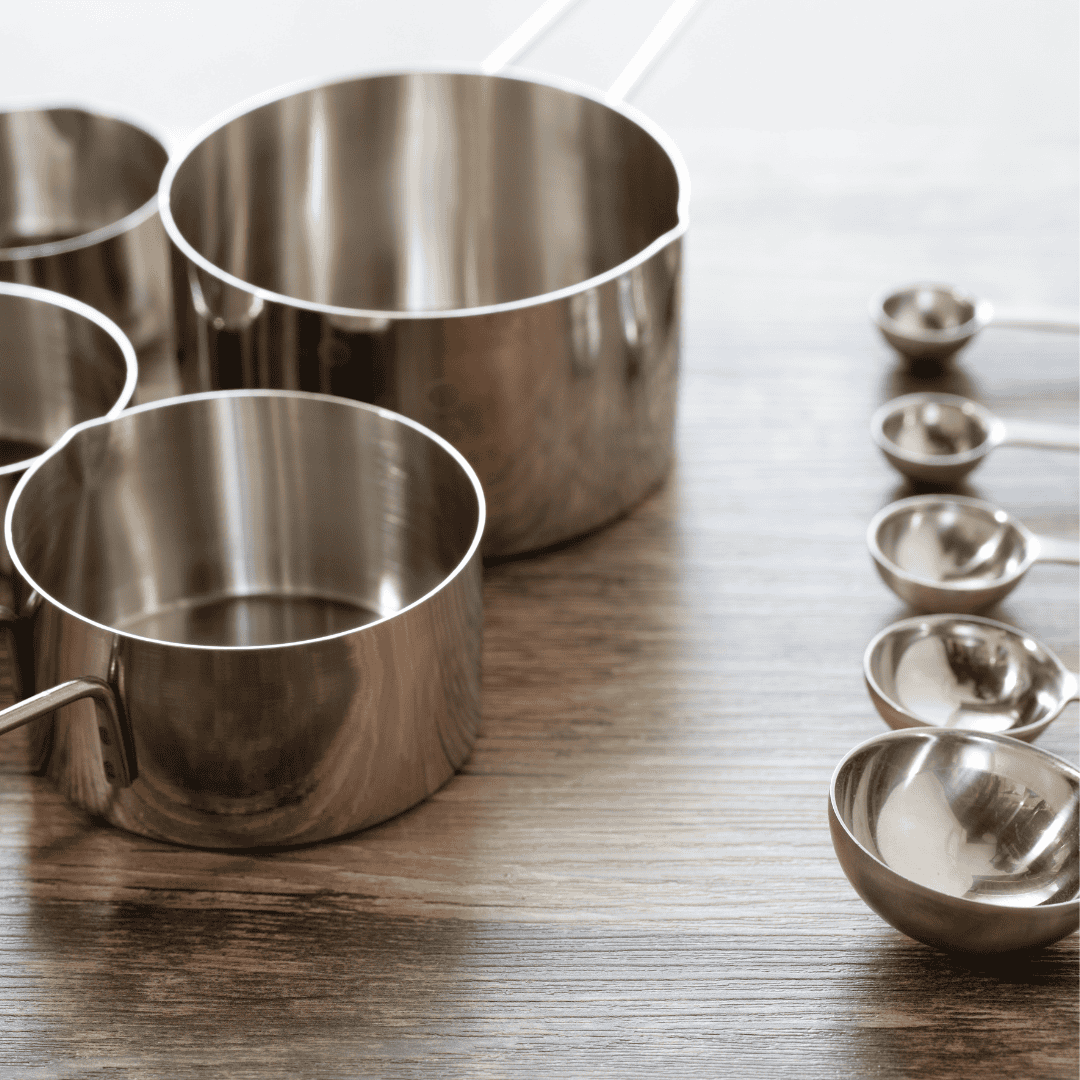Accurate measurements are super important in cooking, baking, and everyday tasks. When thinking of conversions, you might have wondered how many ounces in a quart. Especially when following recipes, it’s crucial to know how to convert quarts to ounces.
This guide will break down the conversions for both liquid and dry measurements, explore the differences between the U.S. customary and Imperial systems, and provide practical examples to help you apply this knowledge.

Understanding the Quart
The quart is a unit of volume measurement used in the U.S. customary system and the Imperial system. The name originates from the Latin word “quartus,” meaning “fourth,” because a quart is one-fourth of a gallon.
However, quarts are not the same in all measurement systems, and the number of ounces in a quart depends on whether you’re using a liquid quart or a dry quart and why system you are using.

Understanding the Ounce
An ounce, often abbreviated as oz, is a unit of weight or volume, depending on the type of measurement.
You often come across it when measuring dry ingredients like flour, sugar and spices.

How Many Ounces in a Quart? U.S. Customary System vs. Imperial System
As you can see from the chart below, a quart converts to different units in ounces and milliliters in the US and Imperial System.
To convert ounces to quarts in the US Customary System, use the following relationship:
1 quart = 32 fluid ounces.
Therefore, to find the number of quarts in a give amount of ounces, you simply have to divide the number of ounces by 32.
Formula: quarts = fluid ounces ÷ 32.
So if you have 80 ounces, you will use this formula
quarts = 80 ÷ 32
= 2.5
So 80 ounces is equal to two and a half quarts.

To convert ounces to quarts in the Imperial System, use the following relationship:
1 quart = 40 Imperial fluid ounces.
Therefore, to find the number of quarts in a give amount of ounces, you simply have to divide the number of ounces by 40.
Formula: quarts = fluid ounces ÷ 40.
So if you have 80 ounces, you will use this formula
quarts = 80 ÷ 40
= 2
So 80 ounces is equal to two quarts in the Imperial System.
| Measurement System | Quart Type | Ounces | Milliliters |
|---|---|---|---|
| U.S. Customary | Liquid Quart | 32 U.S. fluid ounces | 946.35 ml |
| U.S. Customary | Dry Quart | ~37.24 ounces | 1,101.22 ml |
| Imperial System | Quart | 40 Imperial fluid ounces | 1,136.52 ml |
How Many Ounces in a Quart?

The number of ounces in a quart changes whether you’re measuring liquid or dry ingredients. What we just saw was for liquid ounces.
U.S. Liquid Quart
- 1 Quart contains 32 U.S. fluid ounces
- 1 Quart is equivalent to 2 U.S. pints or 4 U.S. cups
- Commonly used for water, milk, juices, and other beverages
U.S. Dry Quart
- 1 Quart contains approximately 37.24 ounces
- Used for dry ingredients like flour, grains, and berries
- Slightly larger than a liquid quart due to volume differences
Imperial Quart
- 1 Imperial Quart contains 40 Imperial fluid ounces
- Used in the U.K. and some Commonwealth countries
- Larger than the U.S. quart

Conversion Table: Quarts to Ounces
| Quarts | US Liquid Ounces (fl oz) | US Dry Ounces (oz) | UK (Imperial) Ounces (fl oz) |
|---|
| 1 Qt | 32 fl oz | 37.24 oz | 40 fl oz |
| 2 Qt | 64 fl oz | 74.48 oz | 80 fl oz |
| 3 Qt | 96 fl oz | 111.72 oz | 120 fl oz |
| 4 Qt | 128 fl oz | 148.96 oz | 160 fl oz |
| 5 Qt | 160 fl oz | 186.2 oz | 200 fl oz |
| 6 Qt | 192 fl oz | 223.44 oz | 240 fl oz |
| 7 Qt | 224 fl oz | 260.68 oz | 280 fl oz |
| 8 Qt | 256 fl oz | 297.92 oz | 320 fl oz |
| 9 Qt | 288 fl oz | 335.16 oz | 360 fl oz |
| 10 Qt | 320 fl oz | 372.4 oz | 400 fl oz |
Measuring Dry vs. Liquid Ingredients
Understanding the difference between liquid and dry measurements is crucial to avoid mistakes in recipes and other tasks.
Liquid Measurements
Use liquid measuring cups with spouts for easy pouring.
Measured in fluid ounces (fl oz).
Examples: water, milk, oil, juice.
Dry Measurements
Use dry measuring cups and level off for accuracy.
Measured in weight ounces (oz), not fluid ounces.
Examples: flour, sugar, rice, grains.
Why the Difference?
Liquid ounces measure volume, while dry ounces measure weight. For example, 1 quart of milk weighs about 2 pounds, but 1 quart of flour weighs around 1 pound because flour is less dense.

Practical Examples of Quart-to-Ounce Conversions
Cooking and Baking
A soup recipe calling for 2 quarts of broth needs 64 fluid ounces.
A cake recipe requiring 1 quart of flour means using approximately 37.24 ounces of dry flour.
If a punch recipe calls for 3 quarts of juice, that’s 96 fluid ounces.
Grocery Shopping
A half-gallon of milk is 2 quarts, which equals 64 fluid ounces.
A large container of ice cream labeled 1.5 quarts holds 48 fluid ounces.
Hydration Tracking
If you aim to drink one gallon of water per day, that equals 4 quarts or 128 fluid ounces.
A reusable water bottle that holds 32 ounces contains 1 quart of liquid.

Converting Between Measurement Units
To make conversions easier, here’s a quick reference:
Quarts to Other Units
- 1 quart = 2 pints = 4 cups = 32 fluid ounces
- 1 dry quart = 1.1 liters
- 1 Imperial quart = 1.14 liters
Converting Ounces to Quarts
To convert ounces to quarts, divide by the correct number:
- U.S. fluid ounces to quarts: ÷ 32
- U.S. dry ounces to quarts: ÷ 37.24
- Imperial fluid ounces to quarts: ÷ 40
Examples:
- 64 U.S. fluid ounces ÷ 32 = 2 quarts
- 80 Imperial fluid ounces ÷ 40 = 2 Imperial quarts
- 100 dry ounces ÷ 37.24 = 2.7 dry quarts

Common Questions About Quarts and Ounces
1. Are fluid ounces and ounces the same?
No. Fluid ounces (fl oz) measure volume, while ounces (oz) measure weight.
2. How do I measure a quart without a quart container?
You can use 4 cups or 2 pints to make up 1 quart.
3. How many ounces in a quart of ice cream?
Most ice cream containers are 1.5 quarts, which equals 48 fluid ounces.
4. How many ounces in a quart of water?
A quart of water contains 32 U.S. fluid ounces.
5. How many ounces in a quart of flour?
A dry quart of flour weighs approximately 37.24 ounces.
Conclusion
Understanding quarts and ounces is essential for cooking, baking, shopping, and everyday life. Whether measuring liquid or dry ingredients, knowing the differences between U.S. and Imperial quarts and the distinction between fluid ounces and weight ounces ensures accuracy.
For quick reference:
- 1 U.S. liquid quart = 32 fluid ounces
- 1 U.S. dry quart = ~37.24 ounces
- 1 Imperial quart = 40 Imperial fluid ounces
By using the tables and examples provided, you can confidently convert quarts to ounces and apply this knowledge in practical situations!









